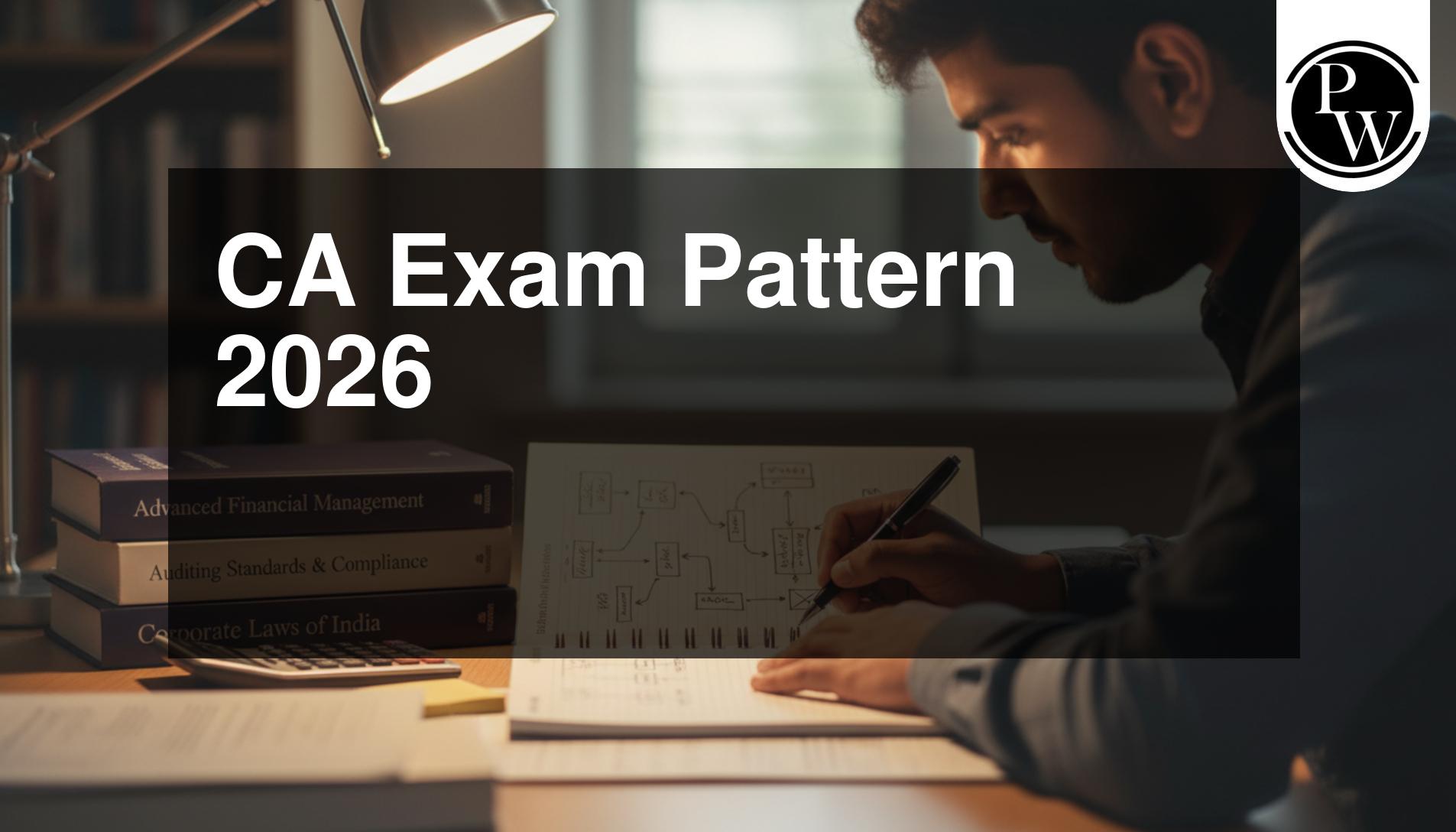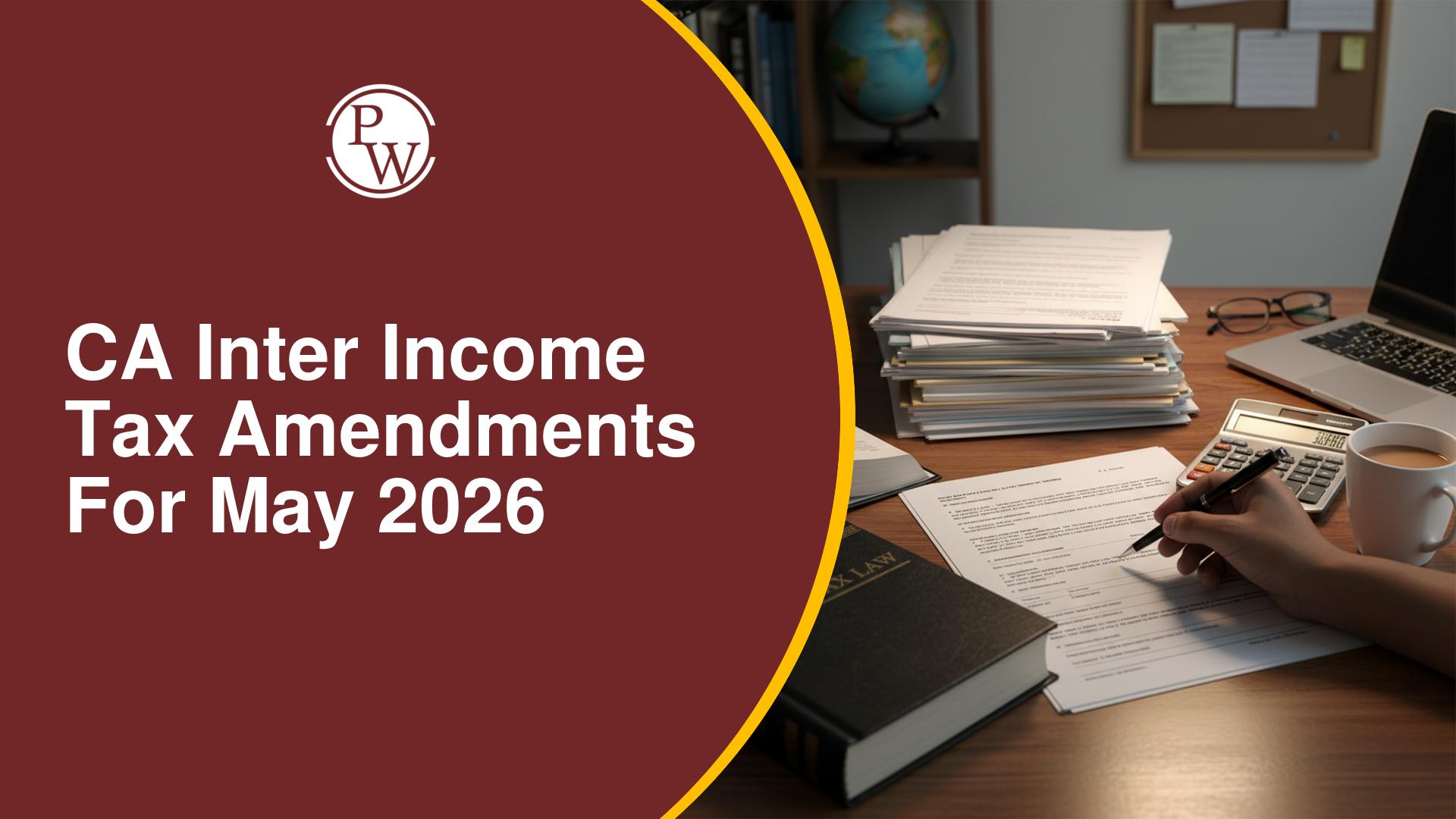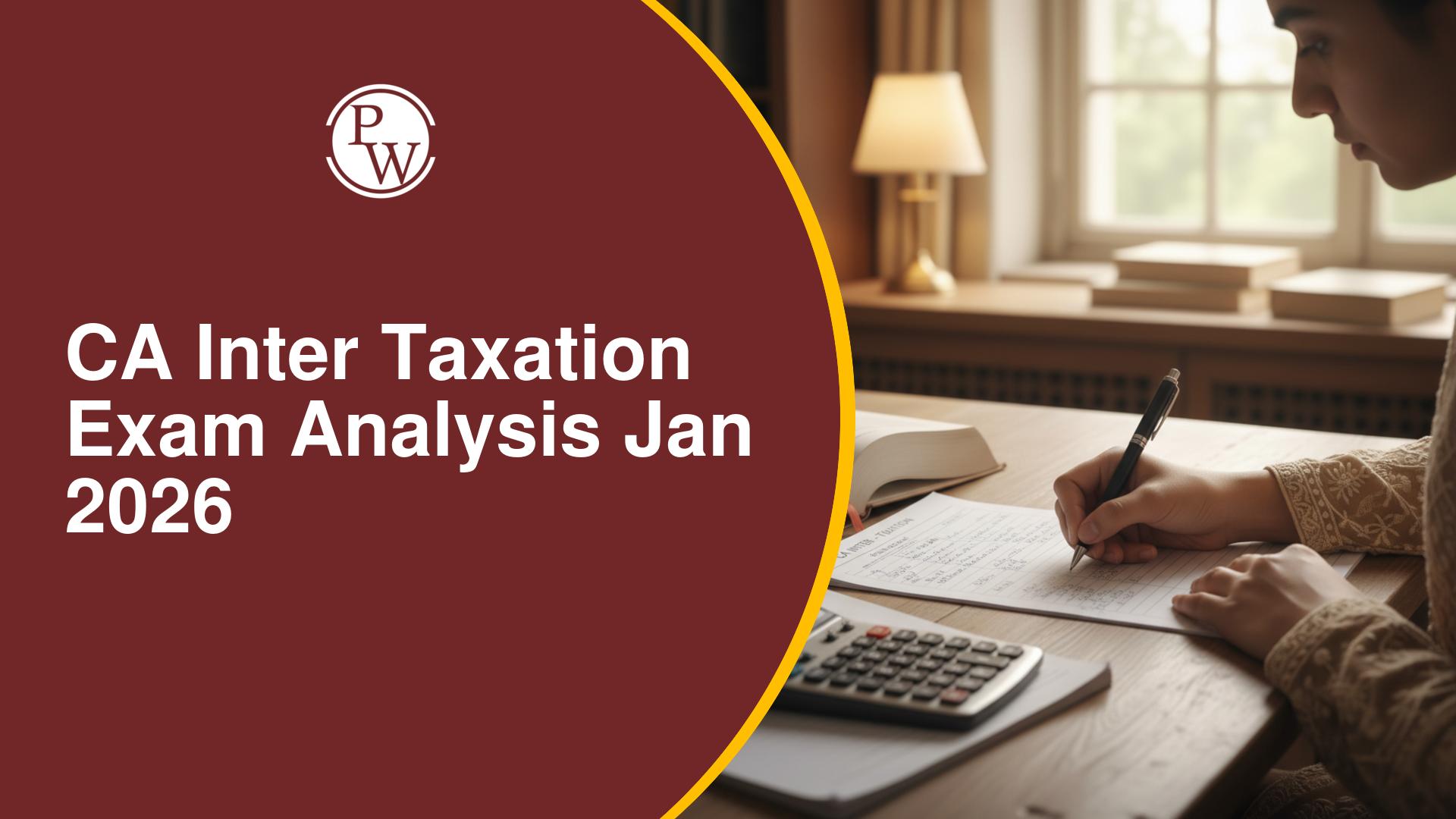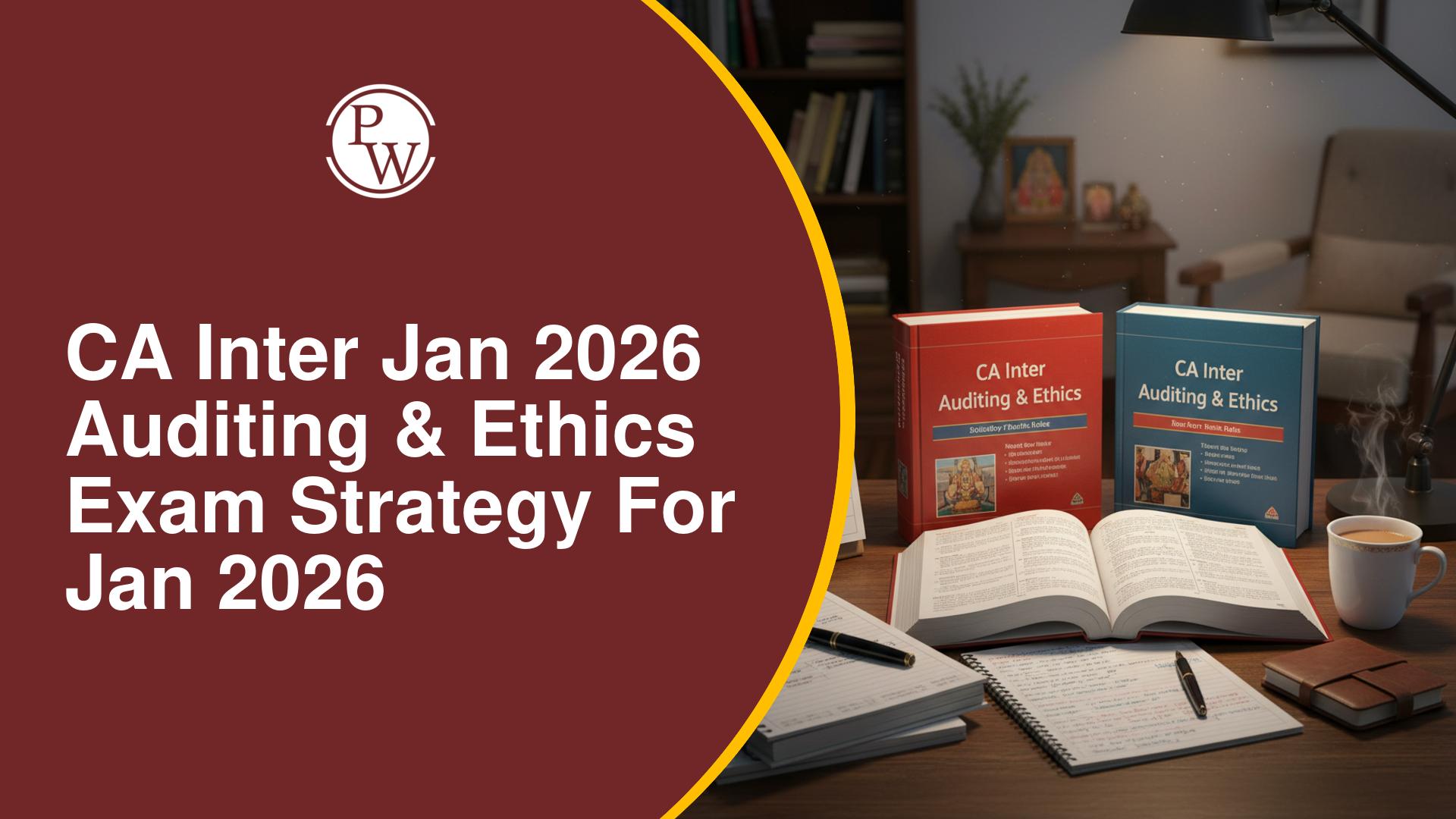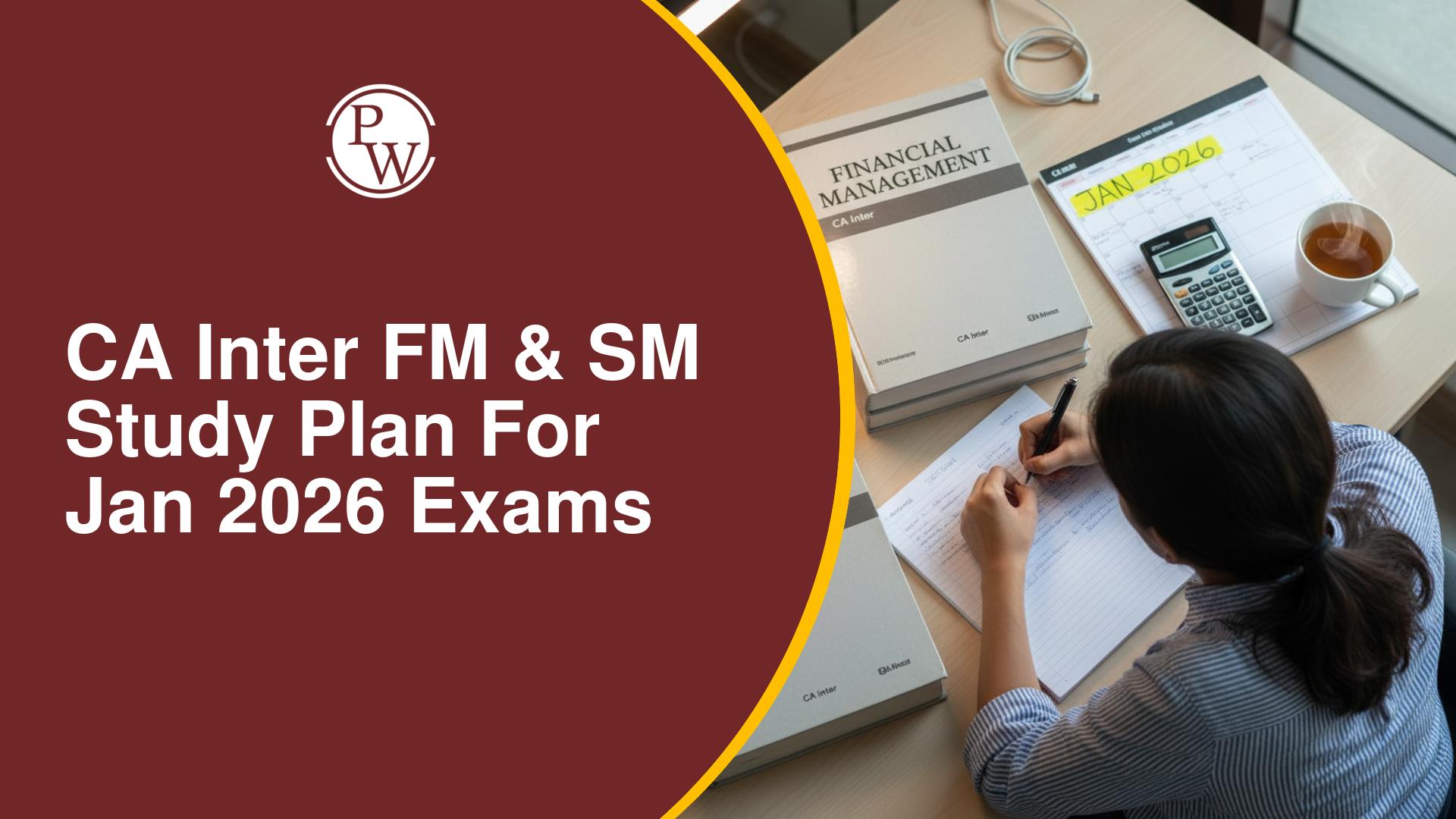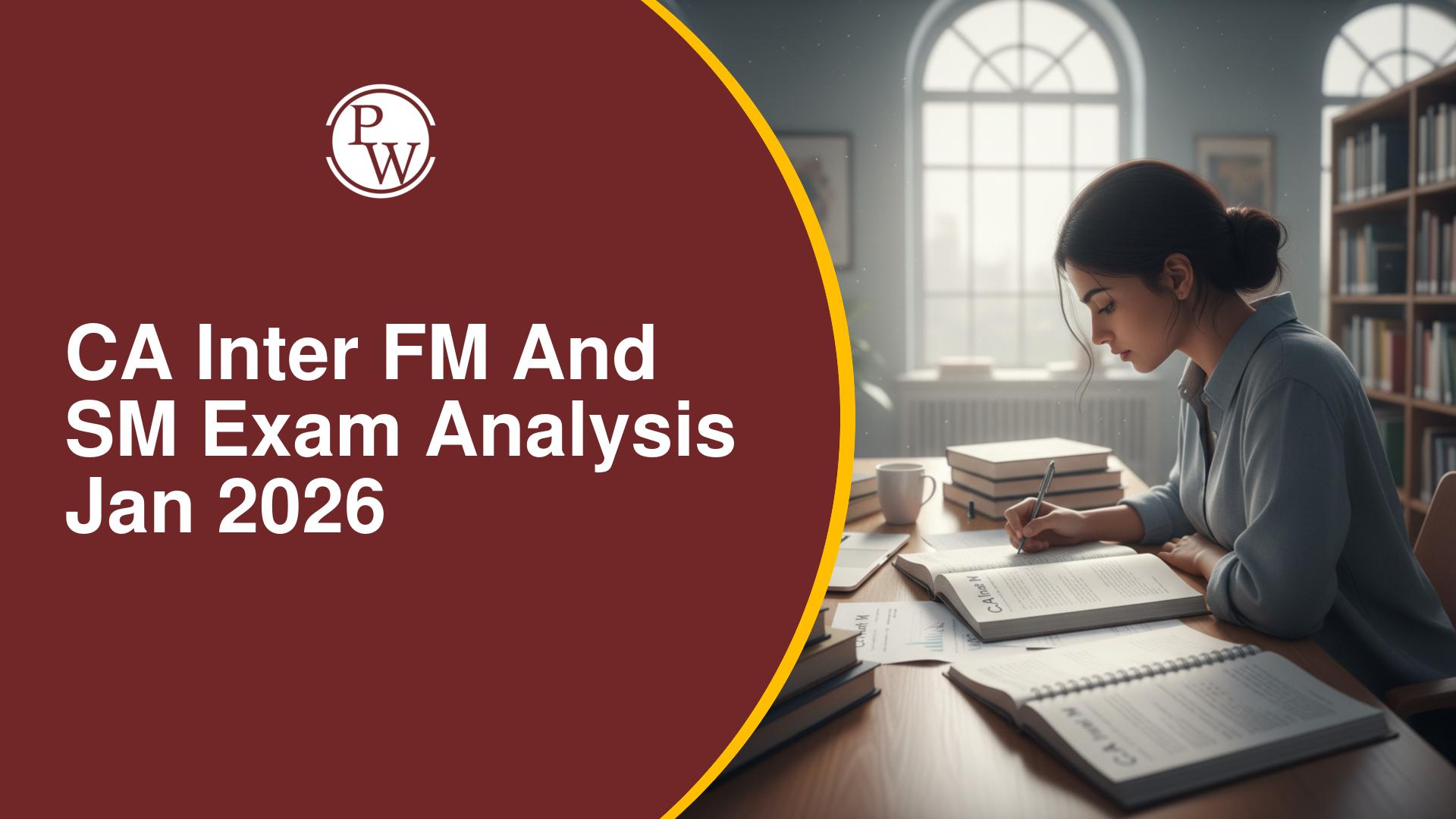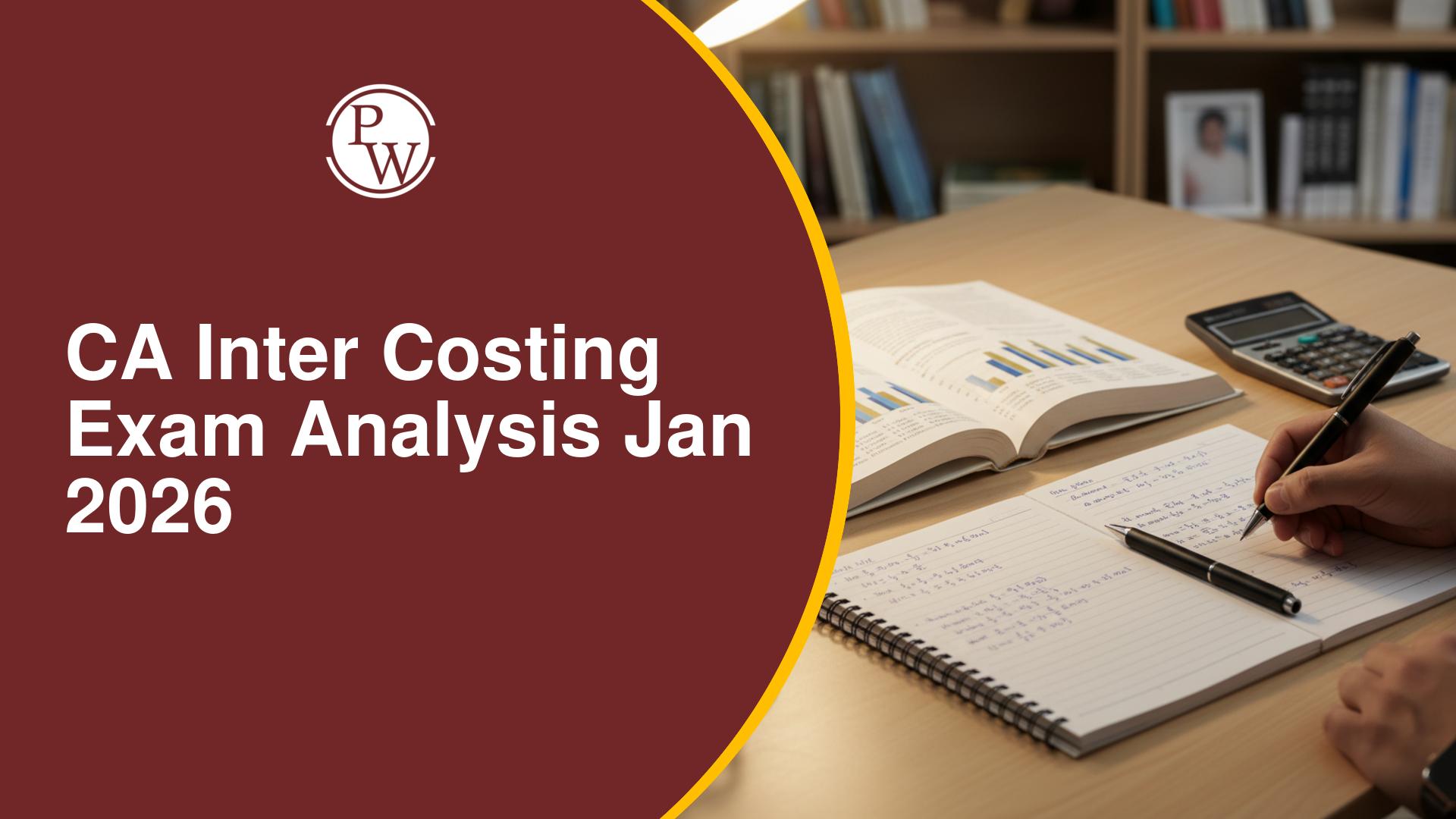
Pursuing the Chartered Accountancy (CA) course is a rigorous journey, and one of the most critical stages is the CA Intermediate level. Among the various subjects in the CA Inter syllabus, Income Tax and Indirect Tax are essential components that students must master. These subjects form a significant portion of the exams and serve as the backbone of a CA’s professional knowledge in their future careers. In this article, we will understand the important questions and key concepts from both Income Tax Important Questions and Indirect Tax Important Questions that every CA Intermediate , student must know to succeed in their examinations.
Why are Income Tax and Indirect Tax important?
Income Tax and Indirect Tax are crucial subjects for CA Intermediate students. Income Tax covers the taxation of different income heads, deductions, and tax planning, while Indirect Tax, particularly GST, focuses on tax slabs, input tax credits, and return filing. Mastering these topics is essential for exam success and provides a strong foundation for future practice in tax-related professions.Income Tax Important Questions and Key Concepts
Below mentioned are some Income tax important questions:1. What Are the Different Heads of Income Under the Income Tax Act?
Understanding the classification of income under the Income Tax Act is crucial for any CA Inter student. Income is categorized into five major heads, each with its own tax implications. Mastering the Income Tax Important Questions related to the heads of income is key to performing well in exams. Salaried Income: Income from employment, which requires students to be familiar with various allowances and exemptions. Income from House Property: Income earned through owning property. A strong grasp of calculating this income is vital for Income Tax Important Questions. Profits and Gains of Business or Profession: Income from professional activities. Understanding the Income Tax Important Questions regarding deductions and allowable expenses is crucial. Capital Gains: Income from the sale of capital assets. Students must be able to calculate Capital Gains and understand short-term vs. long-term gains, which are common Income Tax Important Questions. Income from Other Sources: This covers residual income like interest or dividends. Identifying this income type in exams forms an important part of Income Tax Important Questions. For CA Inter students, mastering how to compute taxable income under each head is essential for solving problems accurately in exams.2. How Is Taxable Income Computed from Salaries?
The calculation of taxable income from salaries involves several key components, and it is an essential area for Income Tax Important Questions: Basic Salary: The fixed amount paid every month. Allowances: Including HRA, Conveyance Allowance, and Special Allowances. Perquisites: Non-cash benefits such as the provision of a company car or accommodation. Deductions: This includes contributions to the Provident Fund (PF) and Professional Tax. CA Inter students must be familiar with the tax treatment of each of these components. Questions on the computation of taxable income from salaries frequently appear in Income Tax Important Questions.3. What Are Capital Gains and Its Types?
Capital gains arise from the transfer of capital assets, and understanding this area is critical for Income Tax Important Questions. The two primary types of capital gains are: Short-term Capital Gains (STCG): Gains from assets held for less than 36 months. Long-term Capital Gains (LTCG): Gains from assets held for more than 36 months. Students must also be aware of exemptions available under Section 54 and Section 54F, which frequently feature in Income Tax Important Questions. Understanding the methods to calculate both types of capital gains and applying indexation benefits is crucial for these important questions.4. What Are Savings and Deductions Under Section 80C?
Section 80C of the Income Tax Act provides various tax-saving options, and questions based on this section are very common in Income Tax Important Question s . Some of the primary avenues for deductions under Section 80C include: Life Insurance Premiums Employee Provident Fund (EPF) Contributions Public Provident Fund (PPF) Contributions National Savings Certificates (NSC) Equity-Linked Savings Schemes (ELSS) The maximum deduction available under Section 80C is ₹1.5 lakh, and CA Inter students must understand the eligibility criteria and conditions related to each deduction. These deductions form an essential part of Income Tax Important Questions.5. What Is Tax Planning and How Is It Implemented?
Tax planning is a crucial skill, and questions on this topic are often seen in Income Tax Important Questions. Key aspects of tax planning include: Choosing the right investment avenues like PPF, NSC, and EPF. Availing exemptions such as under Section 10(10D) for life insurance policies. Sale of assets to take advantage of capital gains exemptions. Understanding tax planning allows CA Inter students to reduce their overall tax liability, making it an important area for Income Tax Important Questions.Indirect Tax Important Questions and Key Concepts
Below mentioned are some indirect tax important questions:1. What Is GST and What Are the Key Differences with Existing Tax Structures?
Goods and Services Tax (GST) is a unified indirect tax system that has replaced multiple taxes such as VAT, excise duty, and service tax. Understanding GST and the differences between the old tax structure and GST is a crucial aspect of Indirect Tax Important Questions. Some key differences include: Single Tax Structure: GST integrates various taxes into a single system. Destination-Based Taxation: GST is levied at the place of consumption, whereas earlier taxes were origin-based. Input Tax Credit (ITC): GST allows businesses to claim credit for taxes paid on inputs. CA Inter students must be familiar with how GST operates, which makes these differences a common topic in Indirect Tax Important Questions.2. What Are the GST Tax Slabs?
GST is divided into different tax slabs based on the nature of goods and services. For CA Inter students, knowing these slabs is critical for solving Indirect Tax Important Questions. Some common slabs include:- 0%: Basic necessities like food grains.
- 5%: Household goods and essential services.
- 12%: Processed foods and other essential items.
- 28%: Luxury goods, such as cars and tobacco products.
3. What Are the Major Components of GST Return Filing?
The GST return filing process is a vital compliance requirement for businesses. Key components of GST returns include:- GSTR-1: For outward supplies (sales).
- GSTR-2: For inward supplies (purchases).
- GSTR-3B: A summary return for monthly compliance.
- GSTR-9: The annual return.
4. What Is Input Tax Credit (ITC)?
Input Tax Credit (ITC) is one of the most important aspects of GST, and understanding it is critical for CA Inter students. ITC allows businesses to claim credit for taxes paid on inputs, which reduces the overall tax liability. Conditions for claiming ITC include: The purchase must be for business purposes. The tax must have been paid by the supplier. The product must be used for business operations. Knowing the eligibility criteria and restrictions related to ITC is an essential part of Indirect Tax Important Questions for CA Inter students.5. What Are the Penalties Under GST for Non-Compliance?
Non-compliance with GST regulations can result in significant penalties. Some common penalties include: Failure to Register: Penalty up to 10% of the tax due. Late Filing of Returns: A fine of ₹100 per day for each return. Incorrect ITC Claims: Penalties ranging from 100% to 200% of the tax due. For CA Inter students, knowing these penalties helps ensure timely compliance, which makes this area critical in Indirect Tax Important Questions. Mastering Income Tax and Indirect Tax is not only crucial for CA Intermediate exams but also for building a successful career in Chartered Accountancy. By focusing on Income Tax Important Questions and Indirect Tax Important Questions, CA Inter students can gain a deeper understanding of key concepts and improve their exam performance. Whether it’s understanding the different heads of income, capital gains, tax planning, or the complexities of GST and ITC, these areas are fundamental for any CA Inter student. Ready to take your CA Intermediate preparation to the next level? Enroll in PW CA Intermediate Courses today to access expert guidance and a wealth of resources designed to help you ace the exams.Indirect Tax and Income Tax Important Questions FAQs
1. What Are the Main Heads of Income Under the Income Tax Act for CA Inter Students?
The main heads of income under the Income Tax Act are:
Salaried Income
Income from House Property
Profits and Gains of Business or Profession
Capital Gains
Income from Other Sources Understanding these heads is crucial for computing taxable income in exams.
What Are the Key Deductions Under Section 80C for CA Inter Students?
Section 80C offers several tax-saving options, including:
Life Insurance Premium
Employee Provident Fund (EPF)
Public Provident Fund (PPF)
National Savings Certificates (NSC)
Equity-Linked Savings Schemes (ELSS) CA Inter students must understand the conditions and limits for these deductions.
What Is the Difference Between Short-Term and Long-Term Capital Gains?
Short-Term Capital Gains (STCG): Gains from assets held for less than 36 months.
Long-Term Capital Gains (LTCG): Gains from assets held for more than 36 months. Students should be familiar with the tax treatment and exemptions for both types.
How Do Businesses Claim Input Tax Credit (ITC) Under GST?
Businesses can claim ITC on GST paid for inputs used in the production or supply of goods and services. However, ITC can only be claimed if:
The tax has been paid by the supplier.
The goods or services are used for business purposes.
Proper documentation is maintained.
What Are the Penalties for Non-Compliance with GST Regulations?
Penalties under GST include:
Failure to register: Up to 10% of the tax due.
Late filing of returns: ₹100 per day for each return.
Incorrect ITC claims: Penalty ranging from 100% to 200% of the tax due. CA Inter students must understand these penalties to ensure compliance.
Talk to a counsellorHave doubts? Our support team will be happy to assist you!

Check out these Related Articles
Free Learning Resources
PW Books
Notes (Class 10-12)
PW Study Materials
Notes (Class 6-9)
Ncert Solutions
Govt Exams
Class 6th to 12th Online Courses
Govt Job Exams Courses
UPSC Coaching
Defence Exam Coaching
Gate Exam Coaching
Other Exams
Know about Physics Wallah
Physics Wallah is an Indian edtech platform that provides accessible & comprehensive learning experiences to students from Class 6th to postgraduate level. We also provide extensive NCERT solutions, sample paper, NEET, JEE Mains, BITSAT previous year papers & more such resources to students. Physics Wallah also caters to over 3.5 million registered students and over 78 lakh+ Youtube subscribers with 4.8 rating on its app.
We Stand Out because
We provide students with intensive courses with India’s qualified & experienced faculties & mentors. PW strives to make the learning experience comprehensive and accessible for students of all sections of society. We believe in empowering every single student who couldn't dream of a good career in engineering and medical field earlier.
Our Key Focus Areas
Physics Wallah's main focus is to make the learning experience as economical as possible for all students. With our affordable courses like Lakshya, Udaan and Arjuna and many others, we have been able to provide a platform for lakhs of aspirants. From providing Chemistry, Maths, Physics formula to giving e-books of eminent authors like RD Sharma, RS Aggarwal and Lakhmir Singh, PW focuses on every single student's need for preparation.
What Makes Us Different
Physics Wallah strives to develop a comprehensive pedagogical structure for students, where they get a state-of-the-art learning experience with study material and resources. Apart from catering students preparing for JEE Mains and NEET, PW also provides study material for each state board like Uttar Pradesh, Bihar, and others
Copyright © 2026 Physicswallah Limited All rights reserved.
